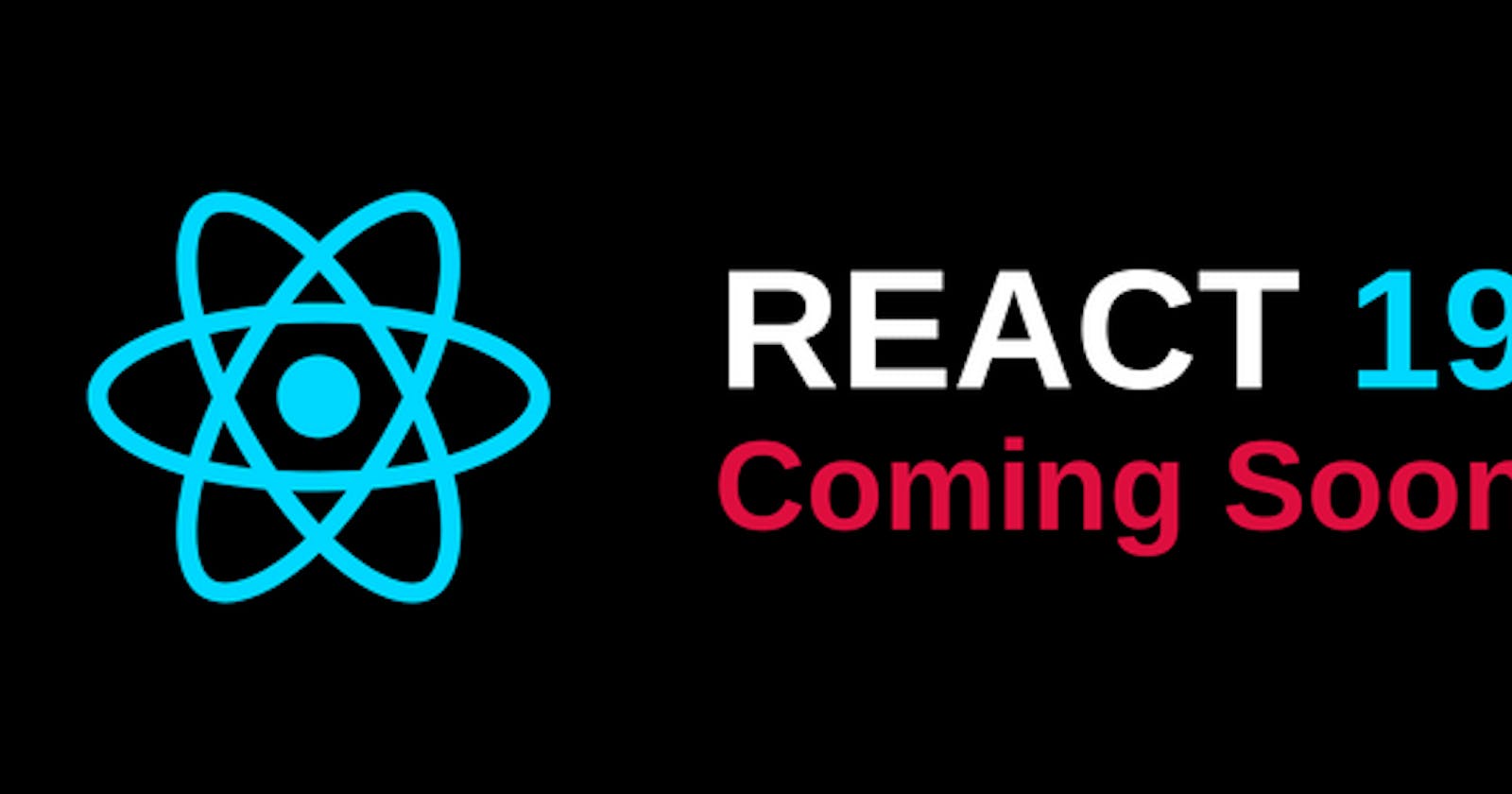React, one of the most popular JavaScript libraries for building user interfaces, has recently released version 19, bringing with it a host of new features, improvements, and enhancements. In this article, we'll dive deep into React 19, exploring its key features and changes, and understanding how they impact React developers worldwide.
React 19 : New Features
React 19 introduces several features focused on improving performance, user experience, and developer productivity. Some of the most notable features include:
Actions:
"Use Server" is an action typically associated with web development, particularly in client-server architectures. It implies the utilization of a server-side component or functionality to perform certain tasks or handle specific operations within a web application.
SEO:
SEO, or Search Engine Optimization, refers to the practice of optimizing web content and websites to improve their visibility and ranking in search engine results pages (SERPs). It involves various techniques and strategies aimed at enhancing the website's relevance, authority, and accessibility to search engines and users.
Web Comp:
"Web Comp" likely refers to Web Components, a set of web platform APIs that allow developers to create reusable, encapsulated components for web applications. Web Components enable the creation of custom HTML elements with their own styles, behaviors, and functionality, enhancing modularity and reusability in web development.
ref Prop:
"ref Prop" is a reference prop commonly used in React.js to obtain references to DOM elements or React components. It provides a way to access and interact with DOM nodes or React components imperatively, enabling developers to perform actions such as focusing elements, triggering animations, or accessing component state directly.
Use Hook:
"Use Hook" likely refers to custom React hooks, a feature introduced in React 16.8. Custom hooks enable developers to encapsulate reusable logic and stateful behavior in functions, making it easier to share and reuse code across React components. By leveraging custom hooks, developers can streamline component logic and improve code maintainability and reusability.
